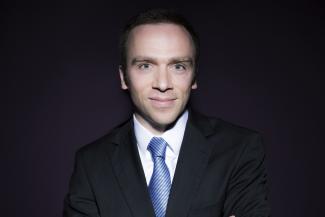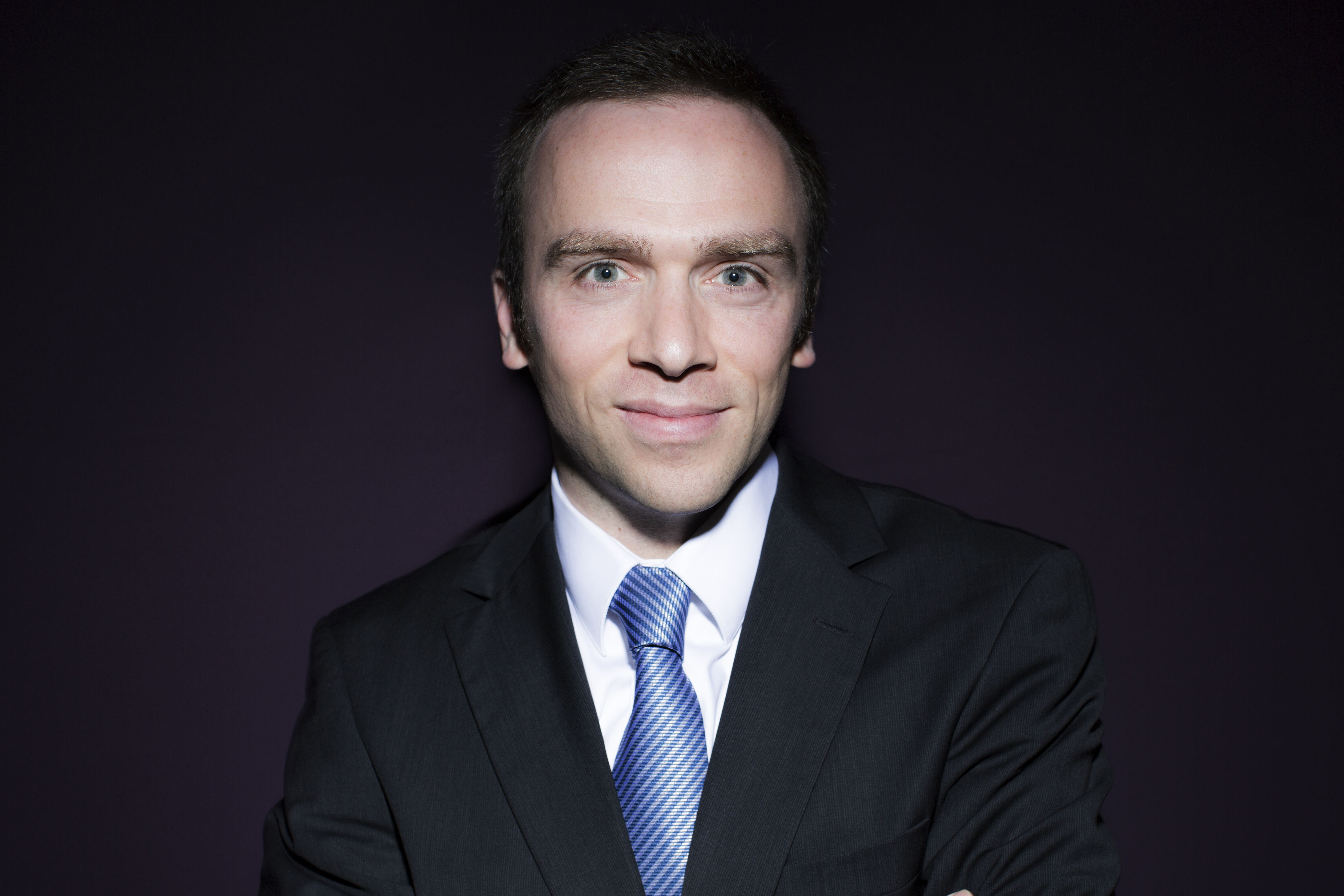Paris 2024 organizers have been saying that they need 22,000 private security agents to work in and around Olympics venues, while 35,000 police officers and 18,000 French military troops secure public spaces. But leaders in the private security sector say that a worker shortage may make it hard to meet the demand.
“The problem is the workforce,” said Pierre Brajeux, president of the French Federation of Private Security. “Will we have enough guards to properly ensure the security of the Games? We need to hit the accelerator.”
The Olympics organizers, he said, “have struggled to find companies” through four rounds of contract bidding.
[...]
By early April, the total number of people excluded because they were on watch lists appeared to have risen from 117 to 161 people, according to Darmanin: 105 for radical Islam, 35 for the extreme right, 18 from the extreme left and three for foreign interference. Almost all were French nationals.
While those findings could indeed reflect the “possibility of an infiltration” by militant groups such as Islamic State-Khorasan, the Afghanistan and Pakistan arm of the Islamic State, other dynamics may also be at play, cautioned Marc Hecker, a French terrorism researcher.
“The watch lists are pretty big,” he said. Some people may have ended up on them accidentally. Others may have at some point been suspected or convicted of extremism-related crimes but are genuinely trying to reintegrate into the job market.
[...]
> Read the article in the website of The Washington Post








